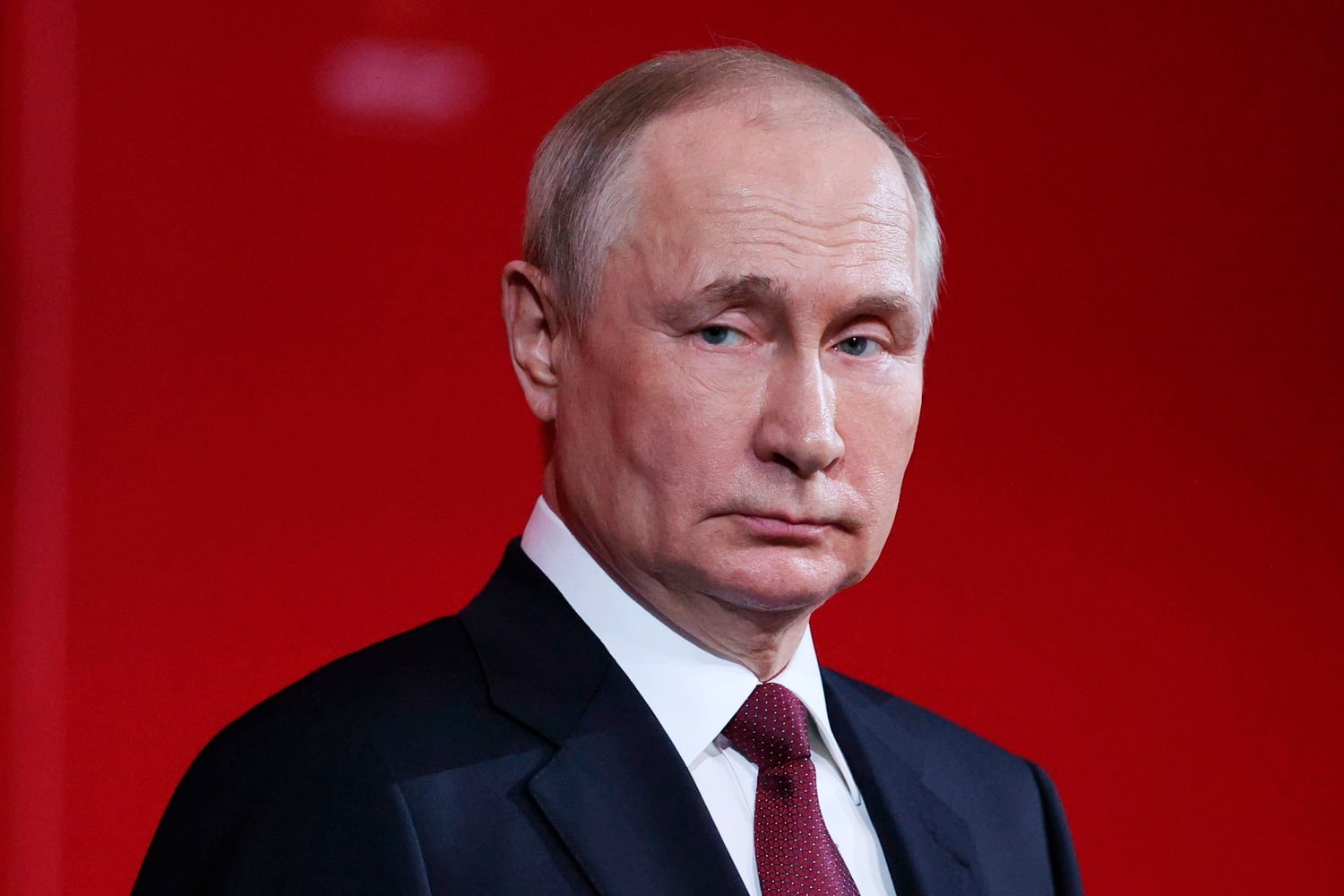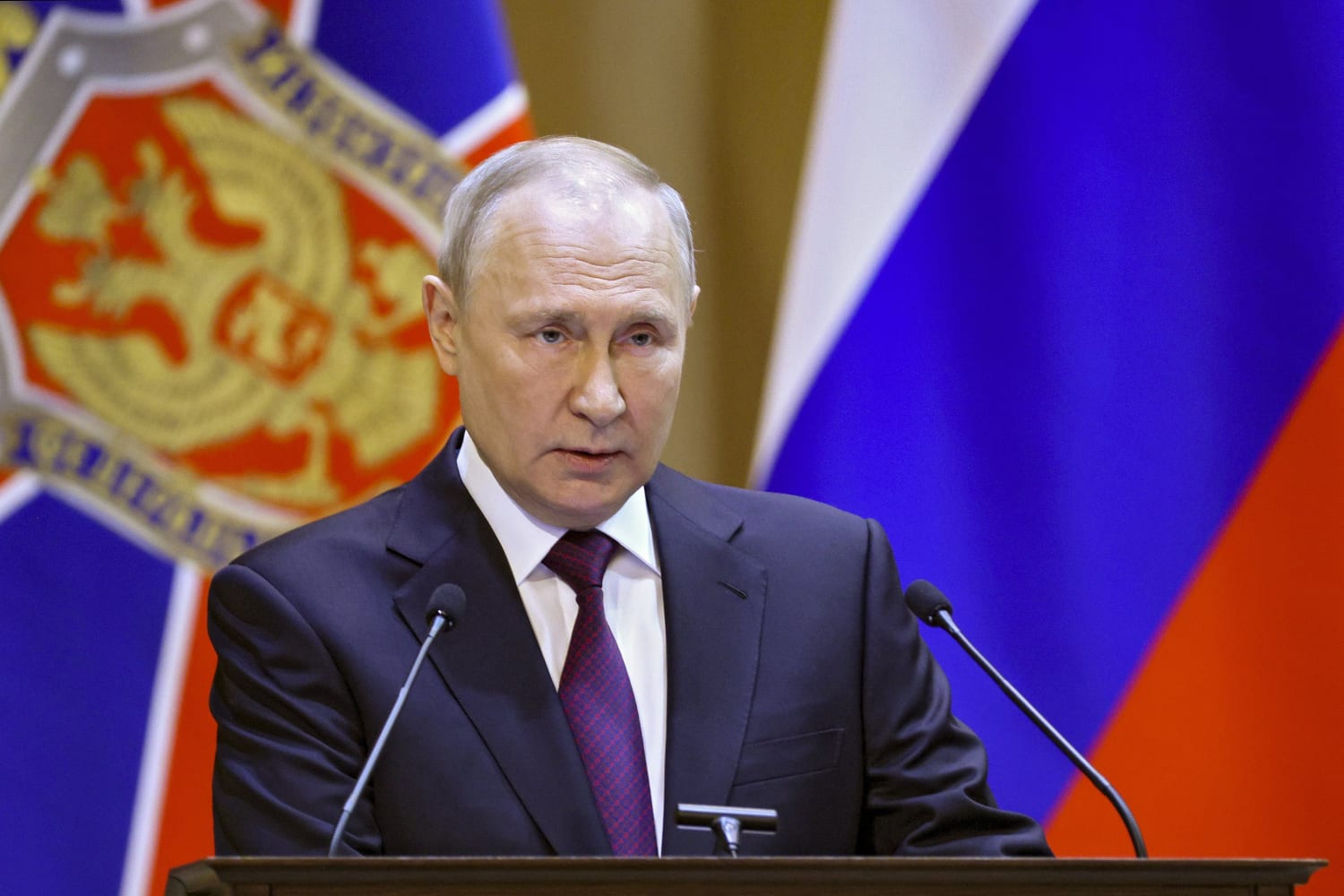The assault on Ukraine by Russian forces extends beyond mere territorial conquest; it represents a profound attack on the country’s religious freedom and spiritual identity.
This aspect of the conflict, though often overshadowed by the broader military engagements, is a critical element of President Vladimir Putin’s strategy to subjugate Ukraine both physically and spiritually.
Recent developments have underscored the severity of this issue. In late March, the World Russian People’s Council, under the influence of Patriarch Kirill of Moscow, labeled the conflict as a “holy war” and asserted that Ukraine should fall under Russia’s exclusive influence.
This ideological stance has translated into tangible aggression, with at least 630 religious sites in Ukraine reported damaged, looted, or destroyed as per the Institute for Religious Freedom in Ukraine.

The majority of these sites are Orthodox churches; those affiliated with the Ukrainian Orthodox Church (Moscow Patriarchate) have suffered extensively, indicating a targeted strategy rather than collateral damage.
The damage to these religious sites is part of a broader campaign to dismantle Ukraine’s religious and cultural identity. Evangelical and Pentecostal communities have not been spared, with many churches confiscated and destroyed, pastors murdered, and religious seminaries demolished.
Internationally, Russia’s Conduct in Ukraine Reflects its Approach to Domestic Repression
Such actions are indicative of a deliberate attempt to erase the diverse religious landscape of Ukraine, which includes not only various Christian denominations but also Islam and Judaism.
The personal testimonies from religious leaders like Pastor Ivan Rusyn highlight the existential threat posed by Russian occupation. Rusyn’s accounts of the atrocities in Bucha and the systematic destruction of religious communities underline the dire consequences of Russian control.
The oppression extends to forced assimilation measures such as the confiscation of church properties and coercion of church ministers to adopt Russian citizenship.
Internationally, Russia’s conduct in Ukraine has been consistent with its domestic repression of religious freedoms, a fact recognized by consecutive U.S. administrations which have designated Russia as a religious persecutor.
The implications of Russian hegemony in occupied regions like Zaporizhzhia and Kherson are grave, suggesting a future where religious freedom is extinguished and dissenting religious communities are persecuted or eliminated.
The narrative often propagated by Russia and its sympathizers, framing Ukraine as a suppressor of religious freedom or a hotbed of antisemitism, is starkly contradicted by the evidence.

Ukraine, in fact, stands as a model of religious liberty among former Soviet republics, showcasing a vibrant hanging of religious life that is now under severe threat from Russian aggression.
Given these circumstances, it is imperative for the international community, led by the U.S., to respond decisively. This response should not only involve diplomatic condemnation but also substantial support to Ukraine, enabling it to defend its territory and preserve its religious heritage.
The global community must hold Russia accountable for its actions, which violate international norms and represent an assault on the fundamental rights and freedoms of the Ukrainian people.
As this conflict continues, it is crucial to recognize and address the spiritual and cultural dimensions of Russia’s aggression, ensuring that Ukraine’s right to religious freedom is upheld despite the ongoing struggle for sovereignty and national integrity.

